Many countries worldwide are facing dangerously high temperatures these days, so you may be wondering what to do to optimize your hydration. As the temperatures continue creeping up and the risk for dehydration is high, you may ask yourself if plain water is enough or if an electrolyte-containing beverage is a better choice.
As a dietitian, I have noticed that we live in an electrolyte-obsessed world! Now, don’t get me wrong – electrolytes are essential, but most people are not at serious risk of losing too many electrolytes. What I see as a dietitian is people unnecessarily drinking high-calorie, sugar-sweetened beverages simply for the sake of electrolytes when water would be a much better and appropriate choice. So, how do you know what to do? Well, thankfully, your dietitian is here to help answer this question for you!
Before I dive in, I will tell you this: there’s a good chance that plain water, along with your diet, is enough to keep your electrolytes replenished. Generally speaking, electrolyte beverages are only helpful and necessary after 60 minutes of high-intensity, hot, and sweaty workouts.
Many people think that the only way to get electrolytes is by drinking them in a special sports drink, but that’s not the case. The five electrolytes (by the way, they are also essential minerals) are sodium, calcium, potassium, chloride, phosphate, and magnesium. And, yes, you get these electrolytes from the foods you eat. Sodium, chloride, and potassium are the most abundant electrolytes lost in sweat, so this is why you often see these ingredients in most electrolyte beverages.
How can I get enough electrolytes from food and water?
- Drink plain water: half your body weight (pounds) in ounces
- Eat foods with high water content: watermelon, cucumber, peaches, lettuce, oranges, strawberries, and tomatoes.
- Sodium: many packaged foods have added salt in them. Also, anytime you salt your food, you add sodium, AKA electrolyte! Most people get too much sodium, so deficiencies are rare.
- Potassium: potatoes, cantaloupe, orange juice, bananas
- Calcium: milk, yogurt, cheese, collard greens, sardines, spinach
- Chloride: table salt
- Magnesium: dark leafy greens, whole grains, seeds, nuts, and black beans.
See? A varied diet that focuses on whole foods gives you all the necessary electrolytes while saving you money. My philosophy is simple: food first, supplements second. Supplements are meant to SUPPLEMENT your diet. This means that you should only use supplements when food and water alone are not enough to fulfill your needs.
Drinks that contain electrolytes and carbohydrates
Many electrolyte drinks have added sugar (a carbohydrate), which shocks consumers! Why in the world is there sugar in your electrolyte beverage? Well, sugar facilitates sodium absorption by transporting it across the intestinal wall. And since where sodium goes, water follows, this sugar helps to speed up sodium absorption. These sugar-sweetened beverages are great if you are in a particularly dehydrating situation like being hungover (vomiting), having severe diarrhea, or food poisoning where you are vomiting and have diarrhea. These are also great when you are exercising pretty intensely. The added sugar in sports drinks can provide quick energy to keep you going in your sport or activity, so in this case, the sugar can be pretty helpful. I do not recommend these drinks if you are doing an average gym or BodyFit by Amy workout since you get enough electrolytes, carbohydrates, and (hopefully!) enough fluid from water, fruits, veggies, and other foods.
When should you choose these?
- If you are exercising inside (high-intensity) for 60 minutes or more. Example: You do a sweaty and hard 35-minute BodyFit by Amy workout in your living room, followed by a 30-minute HIIT indoor cycling session.
- If you are exercising outside (in hot and humid weather) for 60 minutes or more. Example: You do a sweaty and hard 30-minute BodyFit by Amy workout in your backyard under direct sunlight while it’s 99°F (38°C) and humid, and then you decide to go for a 30-minute jog/run around your neighborhood.
Your dietitian’s top picks for beverages with electrolytes and carbohydrates
Electrolyte drinks with little to no-added-sugar
Since most of us are not professional athletes and instead engage in light-to-moderate physical activity each day, electrolytes with little to no added sugar are a better bet for most people who are a little more active.
When should you choose these?
- If you exercise outside (in hot and humid weather) for 30 – 60 minutes. Example: You do a sweaty and hard 30-minute BodyFit by Amy workout in your backyard under direct sunlight while it’s 99°F (38°C) and humid.
- If you are exercising inside (moderate-intensity) for more than 60 minutes. Example: You do a strength-based 35-minute BodyFit by Amy workout in your living room, followed by a 30-pilates session.
Your dietitian’s top picks for electrolyte drinks with little to no-added-sugar
- Nuun Sport
- Gatorade Fit
- Make your own – 1 cup (240 ml) orange juice + 1 cup (240 ml) of coconut water + 1 pinch of salt (about a 1/8 – 1/16 teaspoon). Mix with ice and enjoy!
Are you a salty sweater?
Some people tend to lose more salt in sweat than others. These people are called salty sweaters. If you tend to get white, salty stains on your skin or clothing after a workout, you might have saltier than average sweat. In this case, choose an electrolyte beverage with a higher than usual sodium content like:
At the end of the day, it depends
If you feel like you sweat more than the average person or are prone to muscle cramps during or after exercise, you may need to supplement with electrolytes. If you crave salty foods during a workout or feel somewhat lightheaded when standing up, an electrolyte-containing beverage may help. We are all different, and it’s essential to pay attention to your body and needs. If you need additional guidance, I recommend speaking with a registered dietitian who specializes in sports performance to help you determine your sweat rate and specific fluid and electrolyte needs based on your training regimen.


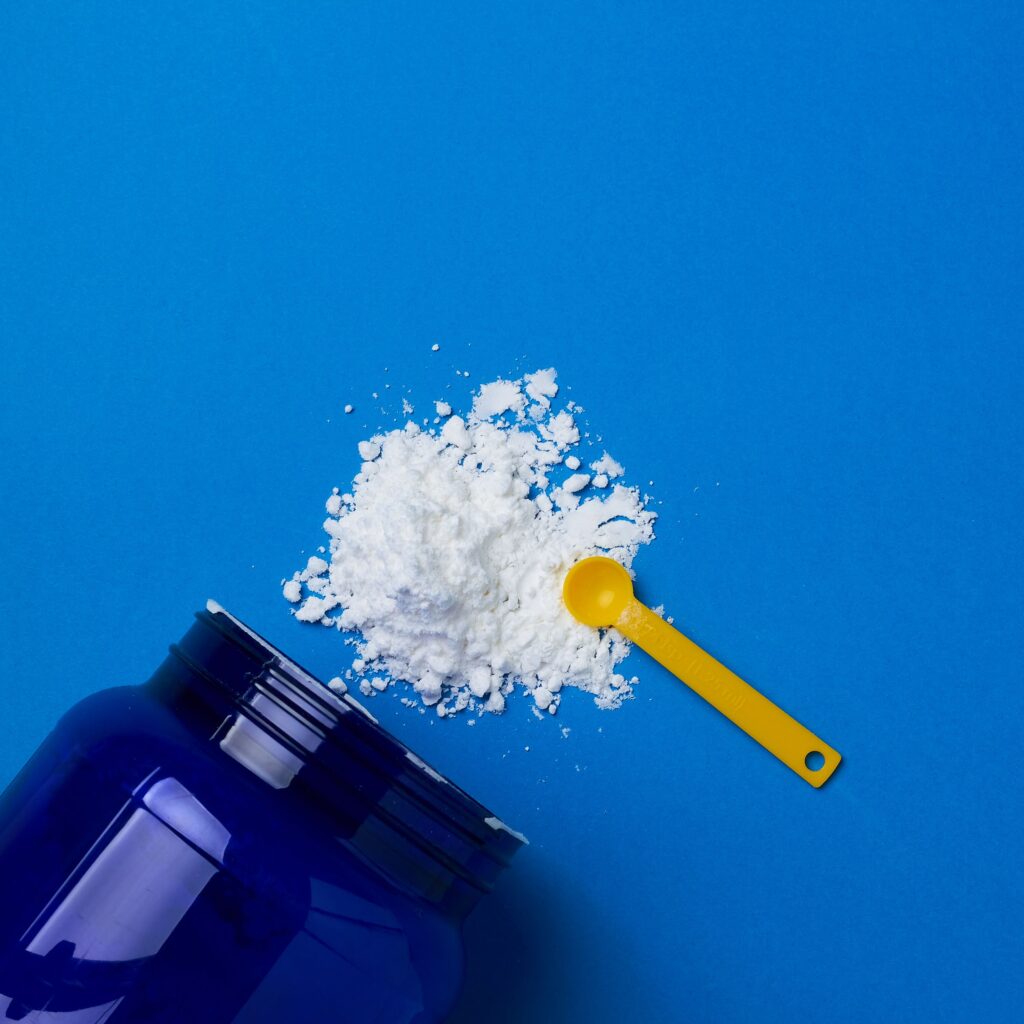
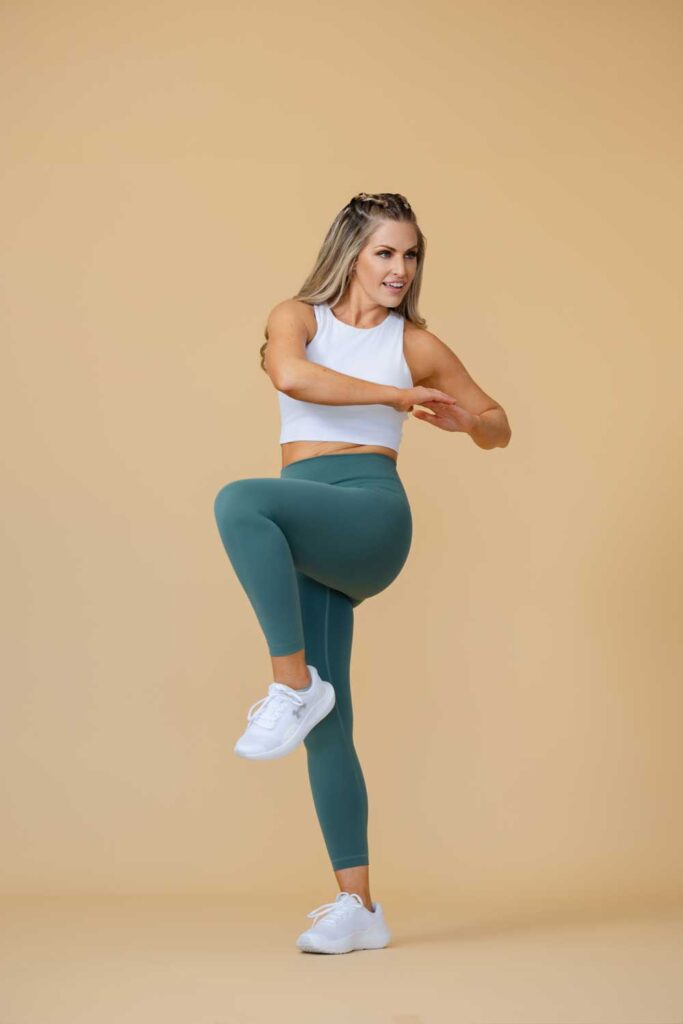
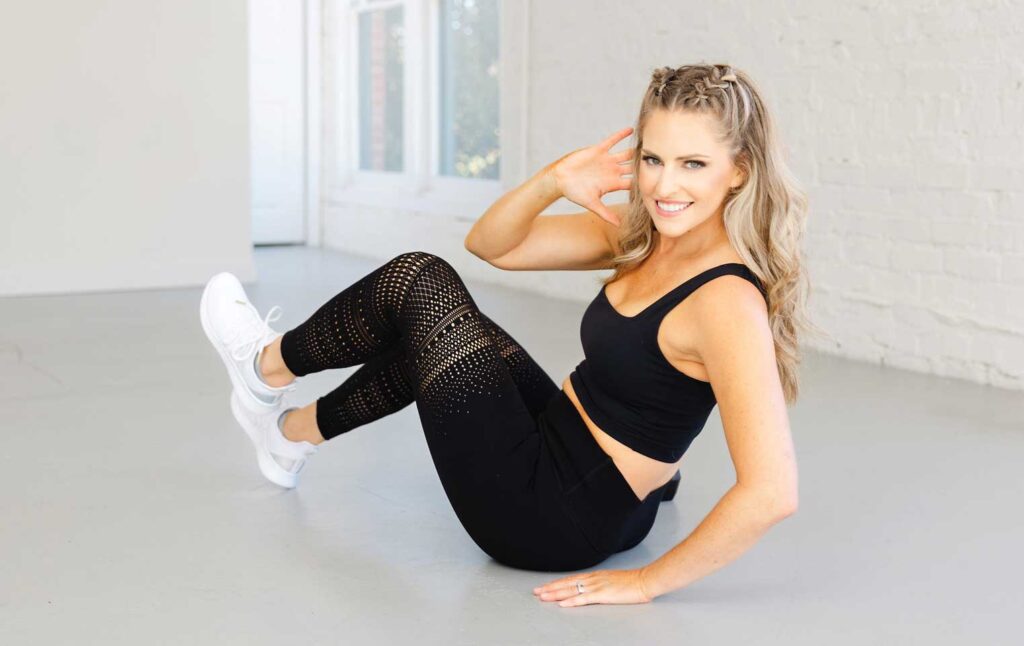


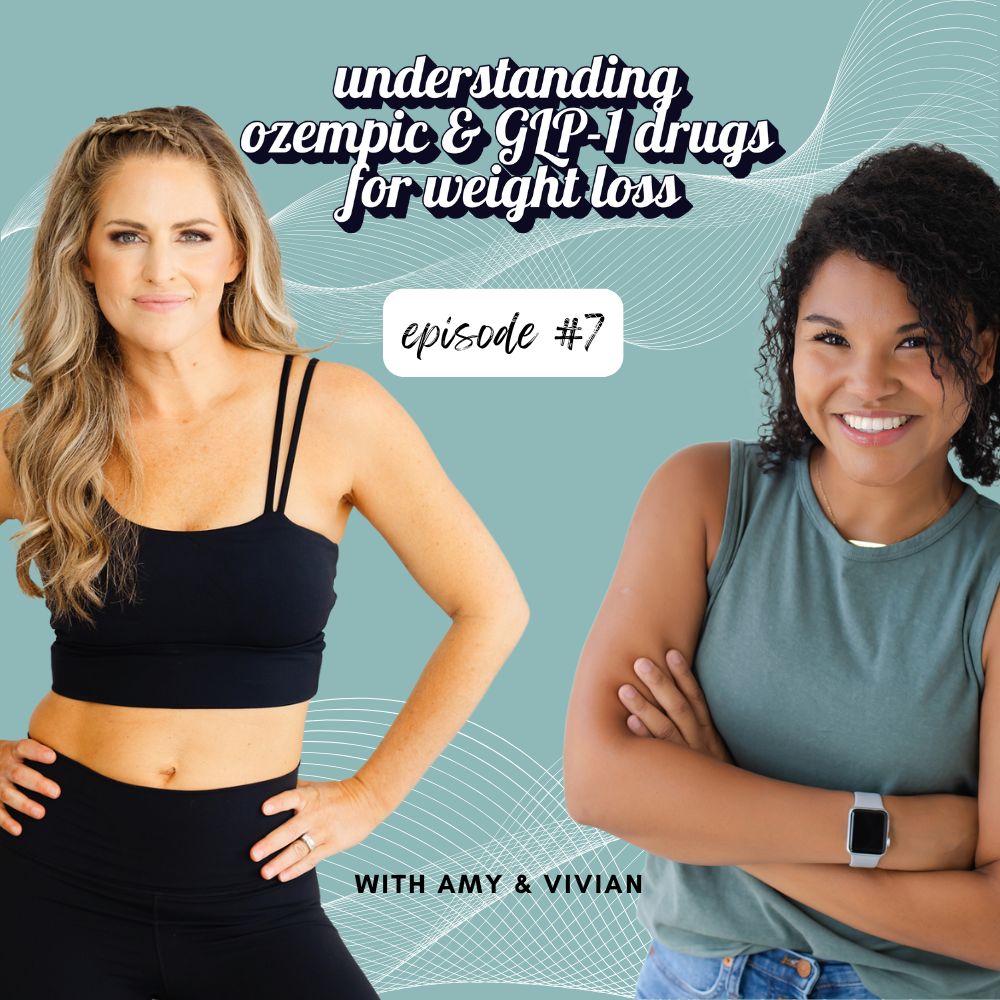
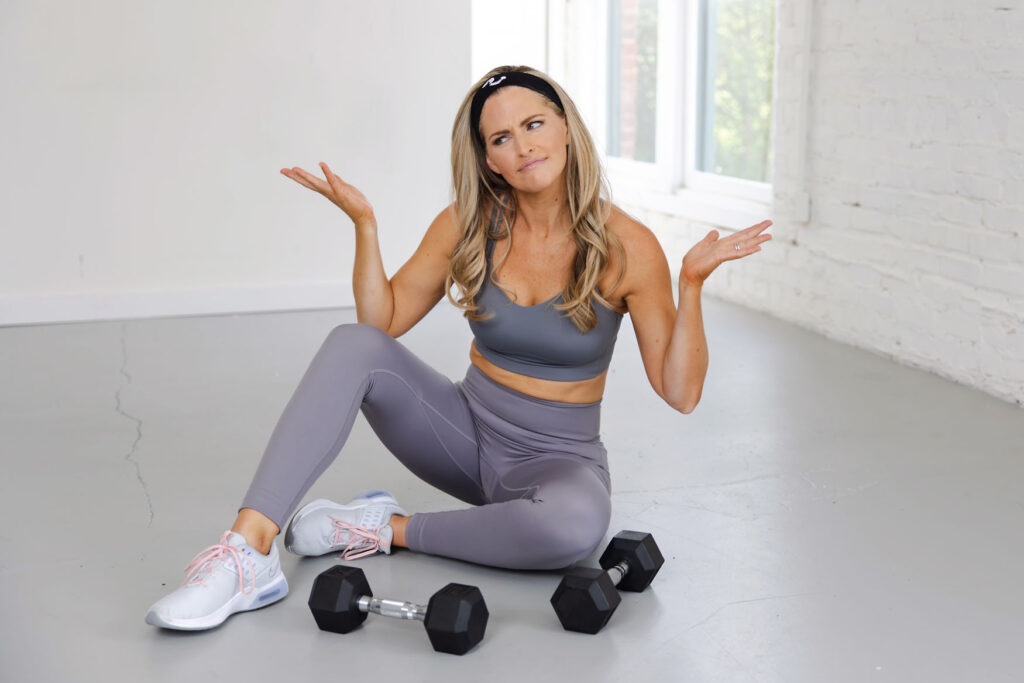
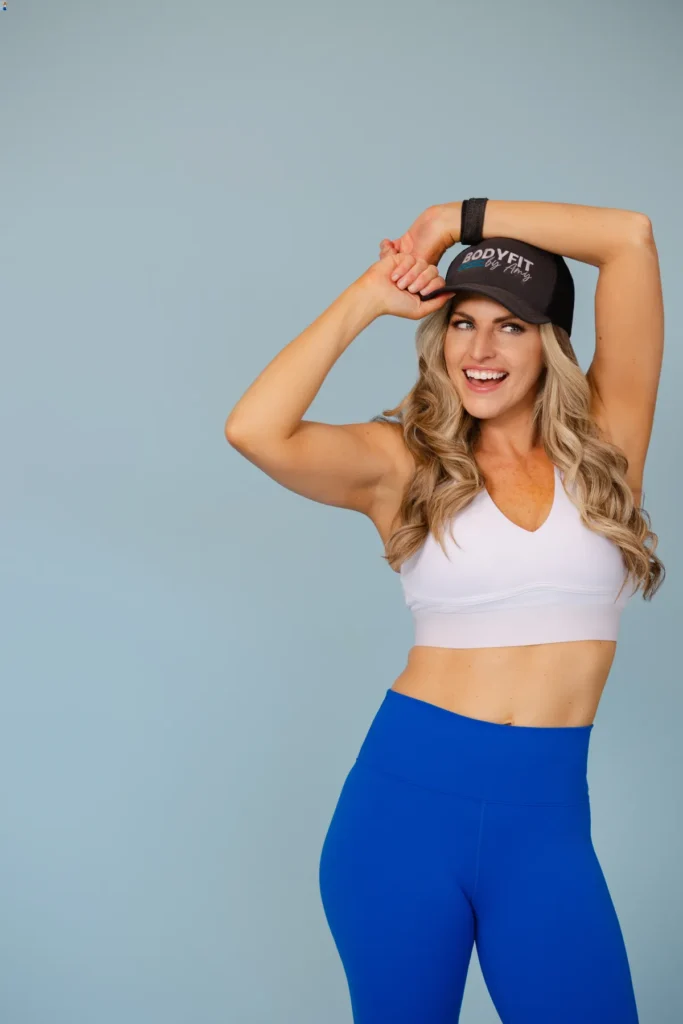

Leave a comment
When I was pregnant I was getting my pee tested frequently and at points was showing extreme dehydration despite drinking SO much water. My midwives theory is that my home’s water softener (and especially the “reverse osmosis” system that was installed into my kitchen sink) was stripping the water of all the minerals and my body had used up any mineral stores it had, so I wasn’t retaining enough so support proper hydration. At the same time, my husband went to donate plasma and was told he was very dehydrated, so it seemed like a plausible theory. This was also ~May/June in Texas so it was hot! We began adding “trace mineral drops” back into our drinking water, which seemed to help. Vivian – any thoughts on using trace mineral drops in other scenarios instead of electrolyte drinks?